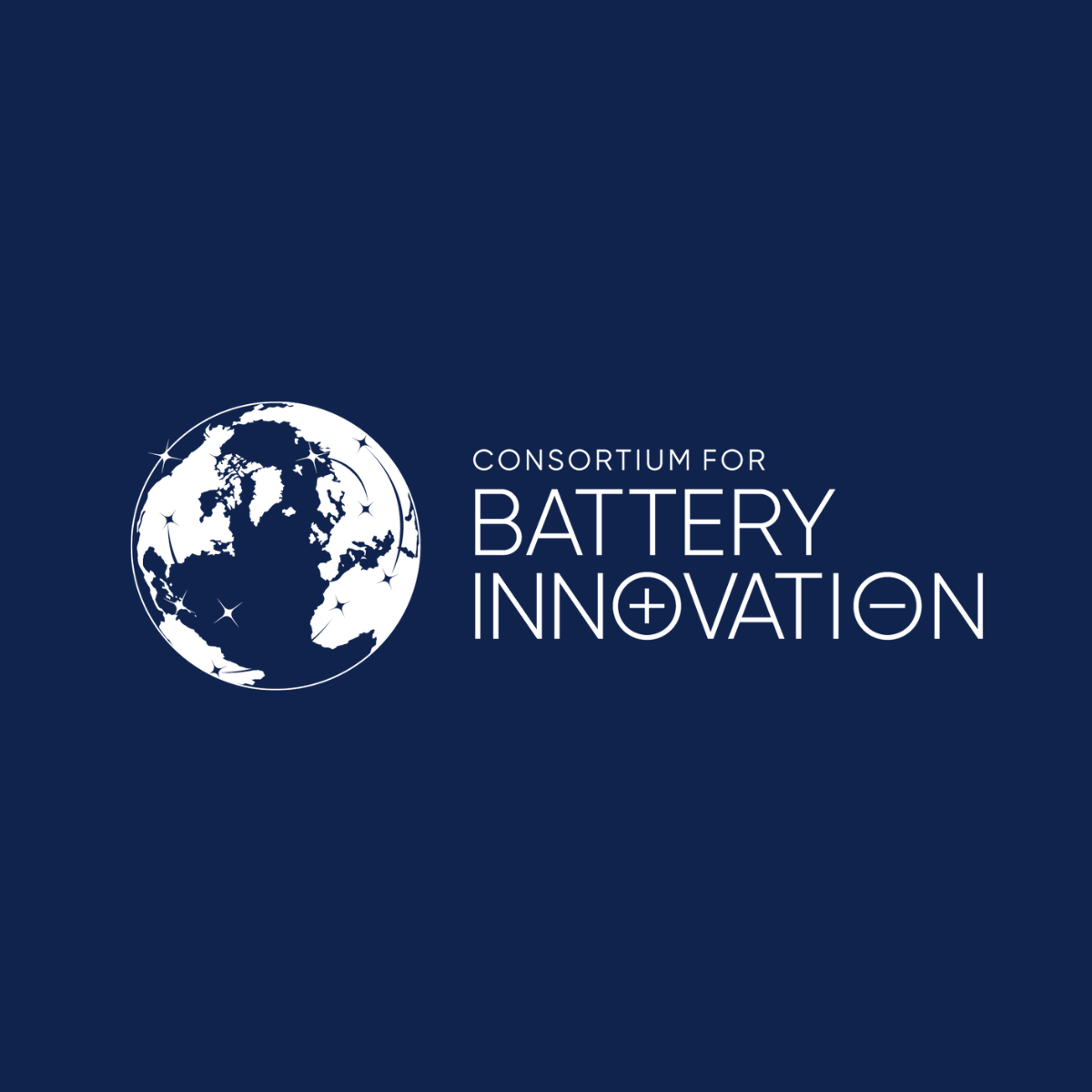
12 September 2022
NEWS RELEASE
A project pairing advanced lead batteries with green hydrogen could transform the supply of clean, reliable energy storage in Africa and Asia, after the Consortium for Battery Innovation formed a partnership awarded Horizon Europe funding worth almost €10 million.
The collaboration between organisations in the project - called LoCEL-H2 (Low-cost, Circular, plug & play, off-grid Energy for remote Locations including Hydrogen) – includes battery-makers, academia, national laboratories, component manufacturers and companies with experience of integration, microgrids and renewables.
The project will generate clean, reliable, sustainable energy for deployment in off-grid communities in regions such as Africa and Asia, using a lead-battery electrolyser – known as the battolyser – to support isolated communities who cannot connect to an electricity grid.
The battolyser is a novel, low-cost solution for producing clean hydrogen-powered cookers replacing firewood stoves. The International Energy Agency predicts that 2.5 billion people globally rely on firewood and stove-based cooking, predominantly performed by women in low-income countries.
By installing battery energy storage, paired with renewable systems harnessing wind and solar power, this innovative project will enable reliable and low-cost electricity to be supplied to hard-to-reach communities.
Dr Carl Telford, Research and Innovation Manager at CBI, said: “We are delighted to win Horizon Europe funding for such an innovative project. CBI is fortunate to have an incredible team of partners, enabling us to develop a truly new concept, featuring not only a specially designed lead battery, and a novel distributed microgrid, as well as the battolyser hydrogen technology. It’ll also be developed with social-science and business experts to ensure we can make a positive difference to those communities using the technology.”
The members of the partnership are CEA, Hoppecke, Hollingsworth & Vose, UNINA, Loughborough University, Sunkofa, University of Gabes, SAS Réseaux Hydrogène Décarboné RHYDE, and LUMS.
LoCEL-H2 advisory-board member Patrick Clerens - Managing Director of the CLERENS team that worked with CBI to develop the bid - said: “Combining long and short-term storage as well as integrating different energy vectors is the beauty of this project. We at CLERENS are very happy to have written this winning proposal and are sure that the results will further the integration of renewable energy for energy-deprived communities and energy islands, and therefore a reduction of fossil fuel use.”
Committed to research and innovation, this new European Commission funded project recognizes the innovative potential of advanced lead batteries and related technologies to usher in the renewable energy ambitions of communities around the globe.
END
Notes to editors:
About Consortium for Battery Innovation:

23/09/2025